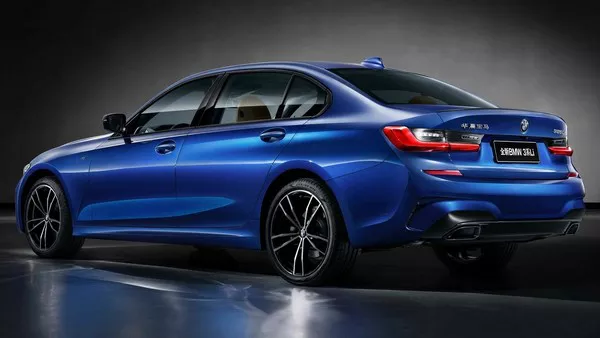Hybrid cars have gained immense popularity in recent years as they offer a more fuel-efficient and eco-friendly alternative to traditional gasoline-powered vehicles. They are designed to use both an electric motor and a gasoline engine, which work together to power the car. While hybrid cars come with many advantages, they also have their fair share of drawbacks that potential buyers should be aware of before making a purchase decision.
In this article, we will explore some of the disadvantages of owning a hybrid car.
Higher Cost of Purchase
One of the most significant drawbacks of purchasing a hybrid car is its higher cost compared to traditional gas-powered cars. The initial cost of a hybrid car can be up to 20% more expensive than a conventional car of the same model. This increased cost is due to the advanced technology used in hybrid cars, which includes the electric battery, regenerative braking system, and other sophisticated features.
While some people may consider the higher price tag worth it due to the potential fuel savings over the life of the vehicle, others may find it difficult to justify the added expense.
Maintenance Costs
Another disadvantage of owning a hybrid car is that maintenance costs can be higher than those for a traditional car. Hybrid cars include complex systems like regenerative braking and electrical components that require specialized knowledge to maintain. As a result, repairs and replacements can often be more expensive.
Additionally, the batteries used in hybrid cars typically have a lifespan of around eight to ten years, after which they need to be replaced. The cost of replacing a hybrid battery pack can range from several thousand to tens of thousands of dollars, depending on the make and model of the vehicle.
Limited Electric Range
Hybrid cars are designed to use both an electric motor and a gasoline engine, but the electric range of these vehicles is often limited. Most hybrids can only travel a few miles on electric power alone before the gasoline engine engages.
This limited electric range means that you may still need to rely on gasoline for most of your driving needs, which can reduce the fuel savings that hybrid cars are known for.
Less Power
While hybrid cars are designed to be more fuel-efficient, they generally have less power than traditional gasoline-powered cars. This is because the electric motor used in hybrid cars is typically smaller and less powerful than a traditional engine.
This reduced power may not be an issue for everyday driving, but it can be a concern for drivers who need to tow heavy loads or accelerate quickly.
Battery Disposal
The batteries used in hybrid cars are much larger and more complex than those used in traditional cars. As a result, they can be difficult and expensive to dispose of properly.
When these batteries reach the end of their lifespan, they must be disposed of carefully to avoid environmental damage. Proper disposal often involves recycling the batteries, which can be costly and time-consuming.
Complexity
Hybrid cars are more complex than traditional gasoline-powered cars, with multiple systems working together to provide power. This complexity can make repairs and maintenance more challenging and expensive.
In addition, the advanced technology in hybrid cars can make them more difficult to understand and operate for some drivers. This can lead to frustration and confusion, especially for those who are accustomed to driving traditional cars.
Conclusion
Hybrid cars offer many advantages like fuel efficiency and eco-friendliness, but they also have their fair share of disadvantages. The higher cost of purchase, maintenance costs, limited electric range, less power, battery disposal, and complexity are just a few of the drawbacks potential buyers should consider before making a purchase decision.
Ultimately, the decision to buy a hybrid car will depend on your individual needs and priorities. While they may not be the best choice for everyone, they can be an excellent option for those who prioritize fuel efficiency and reducing their carbon footprint.
Related topics:









































